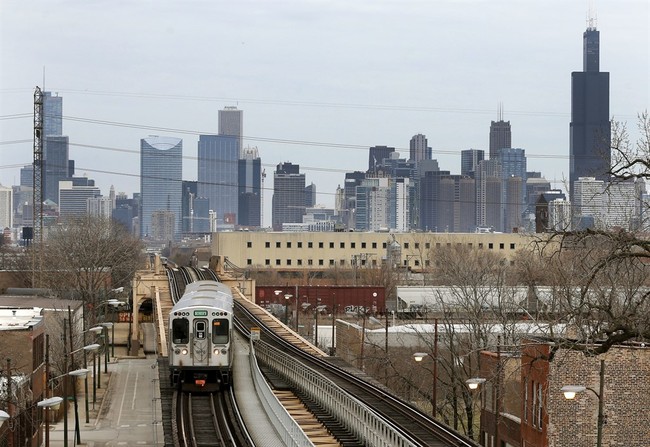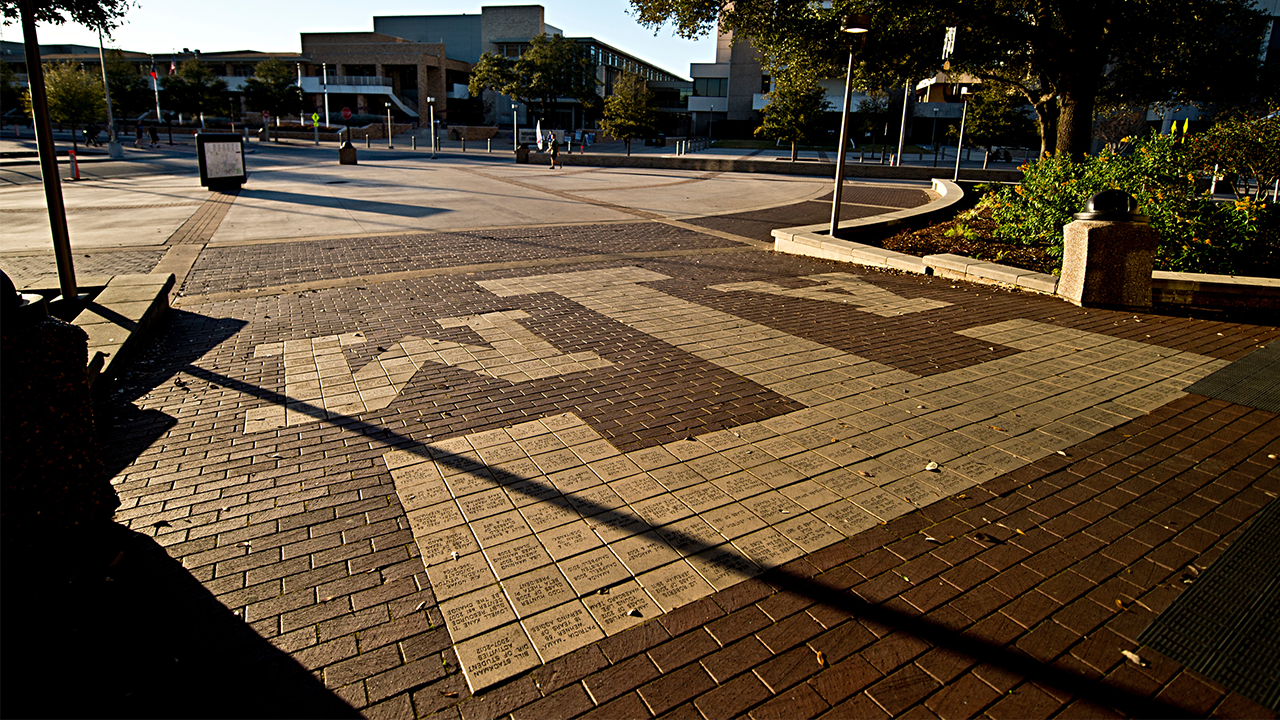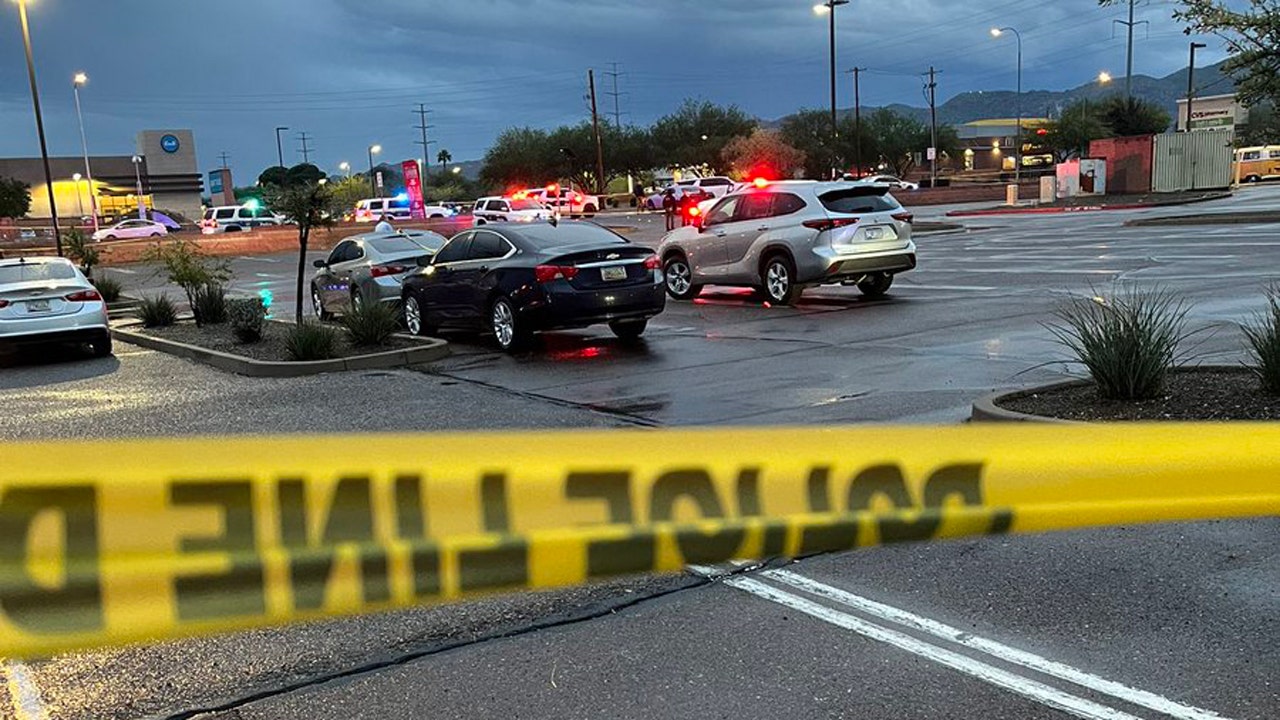A three-judge panel on the Seventh Circuit Court of Appeals heard arguments over the prohibition of concealed carry on Illinois public transit on Wednesday, and attorneys for the state used a variety of defenses to try to keep the law in place.
Deputy Solicitor General Alex Hemmer argued that the law is historically analagous to gun bans imposed by railroads in the 19th century and that the plaintiffs wouldn’t be able to carry even if the law was struck down because of another ordinance that allows for trespassing charges against anyone carrying on Chicago Transit Authority property, but his most ridiculous assertion in defense of the carry ban was that bearing arms can be prohibited in virtually every publicly accessible place where lots of people might be present.
“The restriction descends directly from a tradition of restricting access to firearms that are loaded and unsecured on passenger railroads in the 19th century, which itself descends from a tradition of restricting access to firearms in crowded spaces,” Hemmer said of Illinois’ statute.
U.S. Circuit Judge Amy St. Eve pointed out that the 19th century passenger railroads Hemmer referenced were managed by private companies.
“We’re talking about private regulations and we have public transportation here. How far does your argument go with respect to private regulations at Bruen’s second step?” St. Eve, a Donald Trump appointee, asked.
Hemmer’s response was that 19th century railroads were “quasi-public” corporations, so their rules should be treated by the court as enforceable laws. He then repeated his assertion that the Supreme Court has okayed banning concealed carry in “crowded spaces”, which was disputed by the plaintiffs’ attorney John Ohlendorf.
Ohlendorf, an attorney with DC-based firm Cooper Kirk, reiterated that public transit spaces are not analogous to sensitive spaces. He noted in particular how Bruen identified only three sensitive places: legislative assemblies, courthouses and polling places — with the biggest unifier of these sensitive spaces being whether the government offers comprehensive security.
“The government does do that in places today, including this courthouse, which we all saw when we came in this morning,” Ohlendorf said. “But anyone who has ever ridden on the L will tell you that the government does not similarly undertake to comprehensively secure that location.”
U.S. Circuit Judge Joshua Kolar, a Joe Biden appointee, asked if the government always secured these so-called sensitive spaces.
Ohlendorf said yes, but noted that comprehensive security has evolved as the lethality of weapons has evolved.
“There’s a difference in calling something a sensitive place, and making and treating it like a sensitive place,” Oheldorf said. “If the government actually wants some place to be a sensitive place, we all know what it does. It secures the entrances, it has guards, and so forth.”
In Bruen, the Supreme Court explicitly stated that “expanding the category of ‘sensitive places’ simply to all places of public congregation that are not isolated from law enforcement defines the category of ‘sensitive places’ far too broadly”, yet that’s essentially the definition that Hemmer tried to use in justifying the carry ban on public transportation by asserting that “crowded spaces” are de facto “sensitive places” where guns can be banned.
Ohlendorf did a great job of debunking that theory by pointing out how governments treat truly “sensitive places”, though I wish he would have detailed some of the many violent crimes that have taken place in the “gun-free zones” established under Illinois law and CTA policy. We’ve covered multiple armed robberies and shootings on CTA property, and it seems that every few days there’s another incident that underscores the need for self-defense while riding on the L or a city bus; including a recent attack by a mob of more than a dozen individuals.
It may be the most individuals sought in a single Chicago Police Department bulletin in years. Cops are looking for at least fourteen people who were involved in the armed robbery and physical attack of two passengers on a Red Line train in the Loop.
CPD said the group “aggressively battered” a couple on the train at Harrison around 11:23 p.m. on May 7. The crowd battered and pepper-sprayed the victims and took their valuables while at least one offender displayed a knife.
Violent criminals see the CTA as a target-rich environment, and for good reason. They have a variety of victims to choose from, and they’re almost always going to be unarmed (unless they’re willing to break the law and carry in a prohibited place).
History and tradition suggests that this ban is unconstitutional, and a quick scan of news headlines shows it’s completely ineffective at keeping people safe. A trial court judge has already found the ban a violation of the Second Amendment rights of the individual plaintiffs, and the three-judge panel now considering Illinois’ appeal should do the same.
Read the full article here







![Charlotte Area Schools Report Over 30,000 Absences Following Weekend of ICE Arrests [WATCH] Charlotte Area Schools Report Over 30,000 Absences Following Weekend of ICE Arrests [WATCH]](https://www.lifezette.com/wp-content/uploads/2025/11/2025.11.23-06.59-lifezette-6922b0c6b56bf.jpg)

![FBI Busts Texas Scheme to Invade Haitian Island and Build Sex-Slave Colony [WATCH] FBI Busts Texas Scheme to Invade Haitian Island and Build Sex-Slave Colony [WATCH]](https://www.lifezette.com/wp-content/uploads/2025/11/2025.11.22-07.47-lifezette-69221358bde76.jpg)

![Ex-CIA Officer Says Dem Sen. Slotkin Ran ‘Propaganda Op’ Aimed at FBI and Military [WATCH] Ex-CIA Officer Says Dem Sen. Slotkin Ran ‘Propaganda Op’ Aimed at FBI and Military [WATCH]](https://www.rvmnews.com/wp-content/uploads/2025/03/2025.03.19-07.18-rvmnews-67db187de1e41.jpg)
